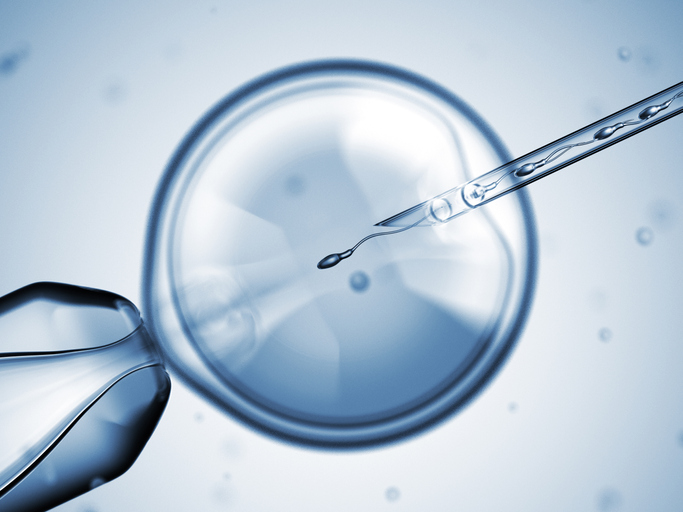Up to a fifth of young men find themselves with a low sperm count, defined as fewer than 20 million sperm per millilitre of semen.
A low sperm count or poor sperm quality is the cause of infertility in about 20% of couples with fertility problems, and a contributory factor in a further 25% of couples.
This page offers advice for people who think that they, or their partner, may have a low sperm count, known medically as oligozoospermia. It explains the causes of a low sperm count, how you get this problem properly diagnosed, and the treatment options available.
How to know if you have a low sperm count
If you have not managed to conceive after one year of trying for a baby, you should see your doctor. They will be able to carry out fertility investigations including a semen test to check the quality and quantity of your (or your partner's) sperm.
About 1 in 10 men will have an abnormal result on the first semen test but this does not always mean they have a 'true' abnormality. So, if the results of the first semen test are abnormal, the test should be repeated.
Ideally, this repeat test should be done three months after the first, but if it looks as though your sperm count is very low or you have no sperm at all, it should be repeated as soon as possible.
What causes a low sperm count?
Often, no cause can be found for a low sperm count. However, it has been associated with several genetic and non-genetic conditions including:
- A hormone imbalance such as hypogonadism, where the testes produce few or no hormones. This often has an identifiable cause, such as Klinefelter's syndrome (see below).
- An inherited genetic problem such as Klinefelter's syndrome, where a man is born with an extra female chromosome.
- Undescended testicles.
- A structural problem with the male genital tract – for example, the tubes that carry sperm can be damaged by illness or injury.
- A genital infection such as chlamydia, gonorrhea or prostatitis (infection of the prostate gland).
- Antibodies that attack sperm – these antibodies mistakenly identify sperm as harmful invaders and attempt to kill them. This problem is especially common in men who've had a vasectomy.
- Previous surgery to the scrotum or surrounding area.
- Varicoceles (dilated veins within the testicles).
- Certain medication, including testosterone replacement therapy, long-term anabolic steroid use, cancer medications (chemotherapy), some antibiotics and some ulcer medications.
- Exposure to chemicals such as pesticides.
What are the treatment options?
If you or your partner have been diagnosed with a low sperm count, there are a few treatment options available.
Intracytoplasmic sperm injection (ICSI)
Intracytoplasmic sperm injection (ICSI) involves injecting a single sperm directly into an egg to fertilise it. The fertilised egg (embryo) is then transferred to the woman’s womb.
ISI may be suggested if you have no sperm in your semen or your sperm are of poor quality.
Before you consider ICSI, your healthcare team should offer both of you appropriate tests and discuss the results and their implications with you. They should also consider whether a genetic problem is involved in your fertility issues.
Some men have a fertility problem as a result of a gene abnormality on their Y chromosome (the male sex chromosome). However, unless this is suspected, you do not normally need tests for this before having ICSI.
If you or your healthcare team know or suspect that you have a specific gene defect they should offer you appropriate genetic counselling and tests.
Gonadotrophin drugs
If you have low levels of gonadotrophin hormones (which stimulate the production of sperm) you should be offered treatment with gonadotrophin drugs to improve your fertility.
However, if no cause has been found for your abnormal sperm count, you will not be offered hormone-based drugs as they are not known to improve fertility.
Donor insemination
Donor insemination means using sperm donated anonymously by another man. As a couple, you may wish to consider using donor insemination as an alternative to ICSI.
Donor insemination may also be considered if the man has a genetic disorder that could be passed on to any children.
It can be used as part of IVF if necessary.
If you are considering donor insemination, you should be offered independent counselling as a couple about the implications for you and any potential children.




